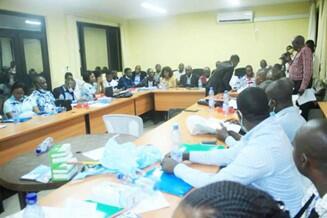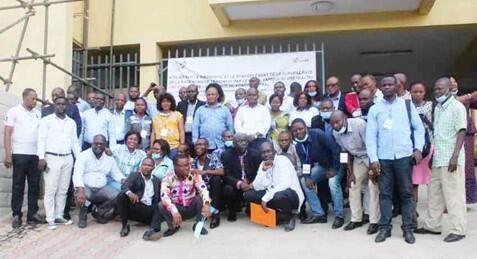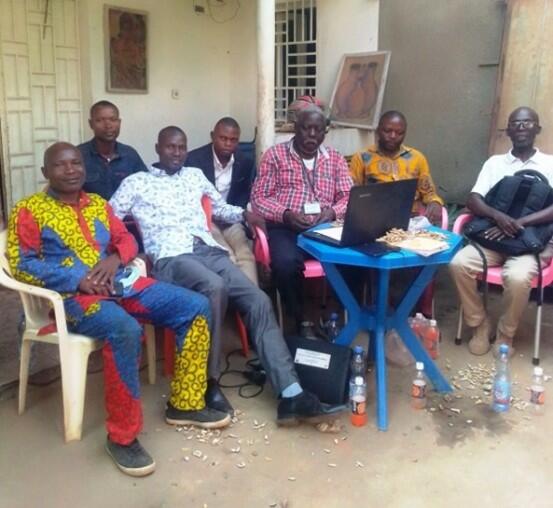Local champion drives sustainable rabies surveillance

Despite its importance in rabies control and elimination efforts, rabies surveillance is often something that is either neglected or considered a challenge that is too daunting to overcome. Poor rabies surveillance means that we simply cannot understand the rabies situation, the burden of the disease, or the impact of the control measures that stakeholders may be implementing. Rabies surveillance is thus vital to any efforts to control rabies. Despite this, rabies surveillance is typically poor in rabies-endemic countries, which is why we continue to rely on the predicted burden estimates for the number of human rabies deaths.
But this paucity of rabies surveillance data is starting to change for the Kongo-Central province in the Democratic Republic of the Congo (DRC). A rabies champion, Dr Leonard Ntunuanga, contacted GARC and asked about the surveillance tools offered in November 2021. What started with interest in the Rabies Vaccination Tracker tool soon included the addition of the Rabies Case Surveillance and the Bite Case Tracker tools. By using multiple surveillance tools, the local champions would be able to track rabies vaccination events while also recording rabies cases and human bite cases at the community level, ensuring the high-resolution surveillance data became readily available at both the national and provincial levels for decision-making.

A one-on-one online training was undertaken with Dr Ntunuanga and the protocols were shared afterwards. With this, he trained his colleagues and collaborators on the GARC surveillance tools and the use of the mobile phone application for data collection. On 28 and 29 April, a training workshop was organized in Matadi, in the Province of Central Kongo, in collaboration with the Institut National de Recherches Biomédicales (INRB) on the theme "Diagnosis and surveillance of canine rabies transmitted to humans" following the One Health concept, as animal and human health professionals took part. During this workshop, GARC's rabies surveillance tools were made available to the participants. A practical session was held to learn how to use the tools in the field. The INRB provided the participants with sampling equipment and 15 smartphones to ensure the use of the tools on mobile phones.
As a result of one man’s efforts, interest in the tools grew, resulting in engagement and the demonstration of the system at the national level. The tools were met with enthusiasm and lots of interest for national implementation. To ensure that future roll-out progresses smoothly, it was decided that the tools should be implemented in Kongo-Central province for some time – at least one year - showing the impact and ensuring that training was streamlined. With the data collected, a strong case could be made for large-scale implementation across the country.

This case of the systematic implementation of the surveillance tools offered by GARC in the DRC is the perfect example of a sustainable, country-led approach towards rabies elimination. A government focal person took the initiative and drove activities, with the provision of the necessary tools and technical support provided by GARC. GARC did not provide any programmatic support for the project and yet the implementation has been effective, and the data continues to flow into the system – enabling the rabies surveillance stakeholders in the DRC to make clear, data-driven decisions. The data remains the property of the DRC government and GARC continues to provide technical support on the tools when needed.
We invite other rabies stakeholders from local or national government, NGOs, or private veterinarians to contact us so that we can support you with our surveillance tools to improve the rabies surveillance and data collection situation in your country or area.
Article contributed by: Dr Leonard Ntunuanga (SENES) and Dr Terence Scott (GARC).
SENES : Service National d’Epidémiosurveillance